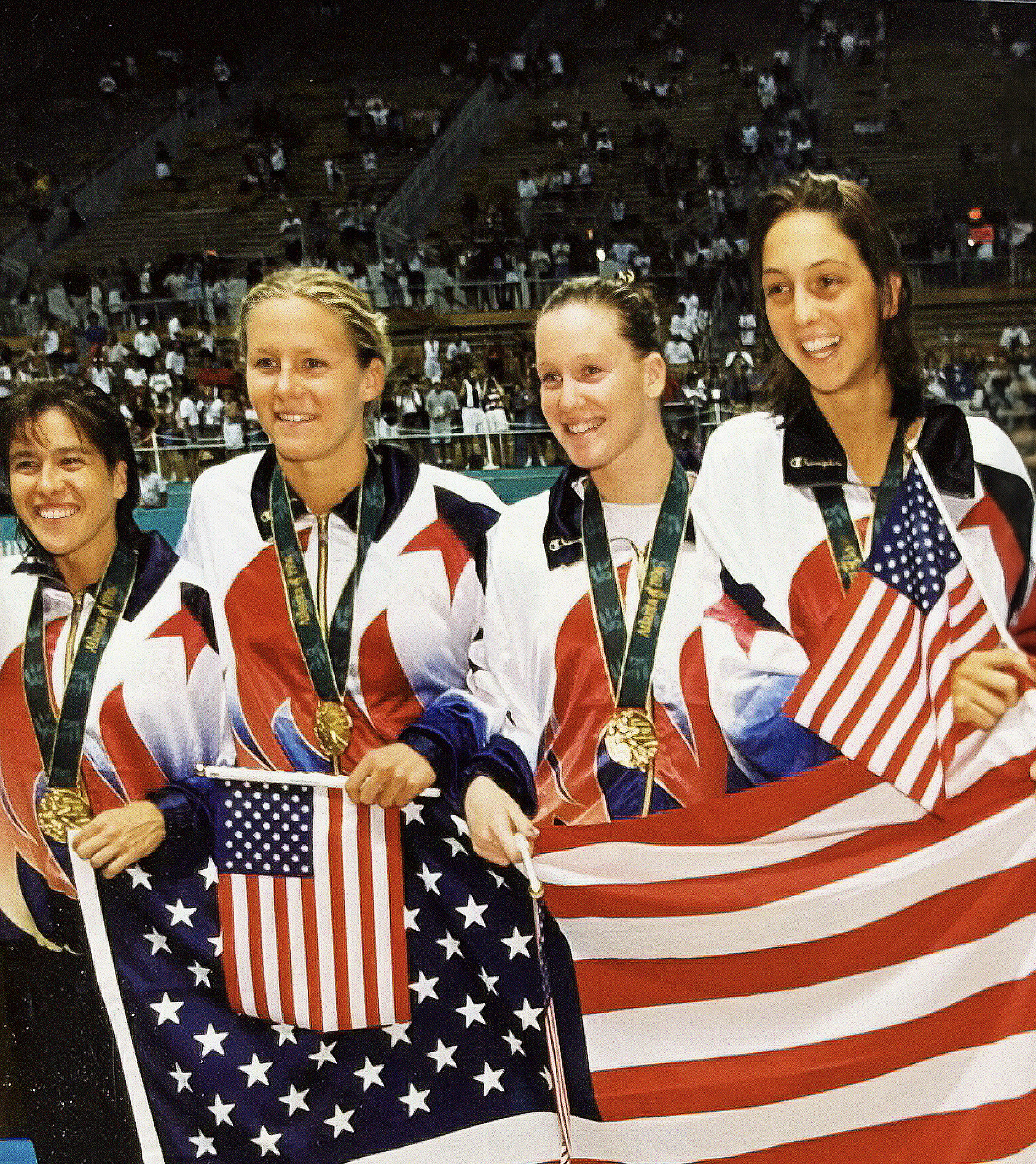In the swirl of excitement that accompanies the Olympics, Pierre de Coubertin’s words echo through the ages: “The most important thing in the Olympic Games is not to win but to take part, just as the most important thing in life is not the triumph but the struggle.” It’s a sentiment that resonates with Theodore Roosevelt’s praise for those “in the arena,” whose efforts, marked by dust, sweat, and blood, embody the spirit of daring greatly.
The pursuit of Olympic glory is a journey marked by extraordinary dedication and sacrifice. Athletes endure grueling training regimens, pushing their physical and mental limits, often away from the public eye. Yet, when the spotlight finally turns their way, the pressure to perform can be overwhelming. Imagine spending four years honing your craft in relative obscurity, only to find yourself suddenly in the glare of global media attention. Photo shoots, hometown parades, and prime-time interviews amplify the weight of expectations from family, friends, and an entire nation.
I understand this pressure intimately. At 18, I made my first Olympic team, fresh out of high school, carrying the hopes of my parents, coach, and country. My roommate, a focused and intense competitor, reminded me two days before our race, “What you eat today will affect your swim.” I barely ate that day, the gravity of her words sinking in.
The night before competition, our national team director reminded us of 75 years of American dominance in our sport, warning us against failure. The air was thick with tension. The message was clear: We were expected to win gold, and nothing less would suffice. In that high-stress environment, our men’s team captain offered a rare moment of levity and wisdom, urging us to “go out there and have fun.” His relaxed demeanor was foreign to me; a stark contrast to the suffocating pressure I felt.
Stepping onto the pool deck in Atlanta was unlike any experience I’d had. The roar of 17,000 fans, all cheering for the American flag on my swim cap, made the floor vibrate beneath me. My heart raced with a mix of excitement and fear. I swam, but not to my best abilities, overwhelmed by the magnitude of the moment. I didn’t medal.
After my disappointing performance, our head women’s coach told me I needed a reset. He pulled me from a relay, ostensibly for rest, but it felt like a convenient move to boost his own swimmer’s chances at gold. Isolated in the Olympic village, it was difficult to see my family or club coach. My coach’s concern was palpable when we finally met. “You look skinny,” he noted, realizing I had lost significant muscle mass due to the heat and stress. I needed to remember why I loved swimming in the first place.
I recalled a race from two years earlier, when I was a carefree 16-year-old at Nationals. I remember walking out for my final at Nationals—at 16—excited to race. There was no focus on anyone else—just the pure joy of racing. I won my race that night. Beat three veteran Olympians. And qualified for World Championships. Totally unexpected. It was easy to ebb and flow in and out of the pressure when you’re an underdog. Finding and remembering that sweet spot of embracing the joy of why you do something can be difficult when all eyes are on you. That’s why watching the likes of Michael Phelps, Katie Ledecky, and Simone Biles is truly a gift. Very few can continue to perform and show the same intensity and win. Day in. Day out. True Phenoms.
In my last race, it was decided I would be able to compete in the 4×200 free relay. Although I had the fastest split on the team, I appeared to be caving under the pressure. Therefore, I was going second on that relay. The pressure spots were on the lead off (first) and anchor (last) positions. The coach said I just needed to stay even or pull ahead. The Germans were expected to win. But I reminded myself that the girl I would likely be swimming against would have swum the 800 freestyle earlier that night. She would be tired.
Walking into the ready room brought me back to my previous two races where I had not medaled. I quickly pulled myself to the present moment with a deep breath and remembered to find the joy. Whatever the hell that meant. The most decorated American female swimmer, and our anchor leg, was taking our relay team through the verses of a silly cheer. I clenched my teeth as I forced a smile, keeping my NY cynicism at bay. As we walked out on the pool deck, the floor began to vibrate. The noise was so loud my ribcage was vibrating from the sound the crowd was making as they chanted, “U-S-A. USA! USA!”
I forced a smile and then a laugh came more naturally. Trying to soak it all in, I thought, shit, this is scary! It’s ok; just lean into it. We ended up winning. Olympic record. Still, I was scared out of my mind. But I was smiling.
As you watch the Olympians in Paris, honor the struggle and process that got these athletes there. Remember that we’re just witnessing one part of that process. It may be on a hill, maybe in a valley, but they are all worthy parts of the journey.
